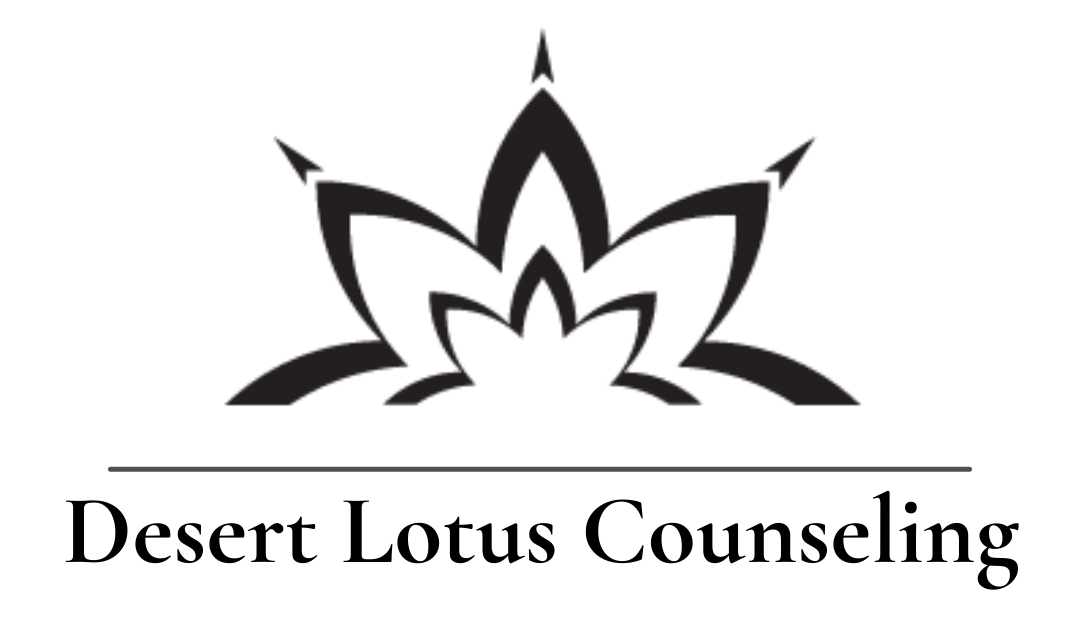Managing Covid Re-entry Anxiety

It’s been a year and a half since the beginning of the Covid-19 pandemic, an event that has significantly changed the way we live and interact. While many people have been unhappy living in a new reality of social distancing, there are others who feel like they have been able to thrive while living at a slower pace and having less social obligations. Despite the availability of vaccines and the reopening of schools and other public spaces, many of us continue wondering when things will “get back to normal” and when we will get back to feeling normal.
As we appear to be moving closer to pre-pandemic social and work conditions, many people are experiencing conflicting feelings. You may, for example, feel happy to get back to the structure and normalcy of work and school outside your home while continuing to feel worried about public health concerns. According to a report from the American Psychological Association (APA), nearly 50% of Americans have expressed that they feel some anxiety regarding resuming in-person interactions post-pandemic. This experience has been termed “re-entry anxiety.”
This is a Normal Reaction to a Very Stressful Situation
The fact is, after adjusting to the challenges of work and school from home, we are no longer used to the busy (and often stressful) factors associated with “normal” school, work and socialization. Seemingly small things such as a daily commute, managing schedules, in-person meetings, trying to get to places on time, and an overall higher activity level may add up and feel overwhelming or exhausting.
There may be different reasons for each person’s anxiety related to re-entry. Some people continue to experience fear that they will contract Covid-19 or feel afraid to pass it on to others. This may be especially challenging as new strains continue to crop up and things feel even more uncertain.
Other people may feel that their social skills have suffered over the course of quarantine and online work and schooling. People who already experience anxiety related to social situations may find it especially challenging to suddenly find themselves needing to make conversation. This sudden transition can feel awkward and scary.
It’s important to mention that while you may be feeling anxious about re-entry into society, avoiding social situations entirely may potentially make your anxiety worse.
One technique for approaching social situations in a way that feels safe is to set small goals for yourself. For instance, you may want to set up small get-togethers with one or two trusted friends or family members. If you feel anxious about safety, talk honestly and directly with those you plan to meet with and decide together how you will address safety concerns (masking, distancing, etc.) Don’t feel the need to jump into large social gatherings immediately. Take your time to slowly acclimate and give yourself lots of compassion as you navigate these difficult feelings.
Getting Help for Your Anxiety
It’s so important to remember that we’ve faced a big trauma, as individuals and as a society. We must be gentle with ourselves. Life will feel normal once again. Until then, take care of yourself the best you can and ask for help when you need it.
Speaking with a therapist can be highly effective for people dealing with stress and anxiety. A therapist can help you navigate your emotions and offer tools to move through the anxiety.
If you’d like to explore therapy as an option for managing anxiety, please reach out for a free 15-minute phone consultation.
RESOURCES:
- https://www.advisory.com/daily-briefing/2021/03/30/reentry-anxiety
- https://psychcentral.com/health/on-your-own-terms-why-it-is-important-to-set-boundaries-emerging-from-isolation
- https://www.psychologytoday.com/intl/blog/sustainable-life-satisfaction/202103/5-tips-manage-social-anxiety-post-vaccination
